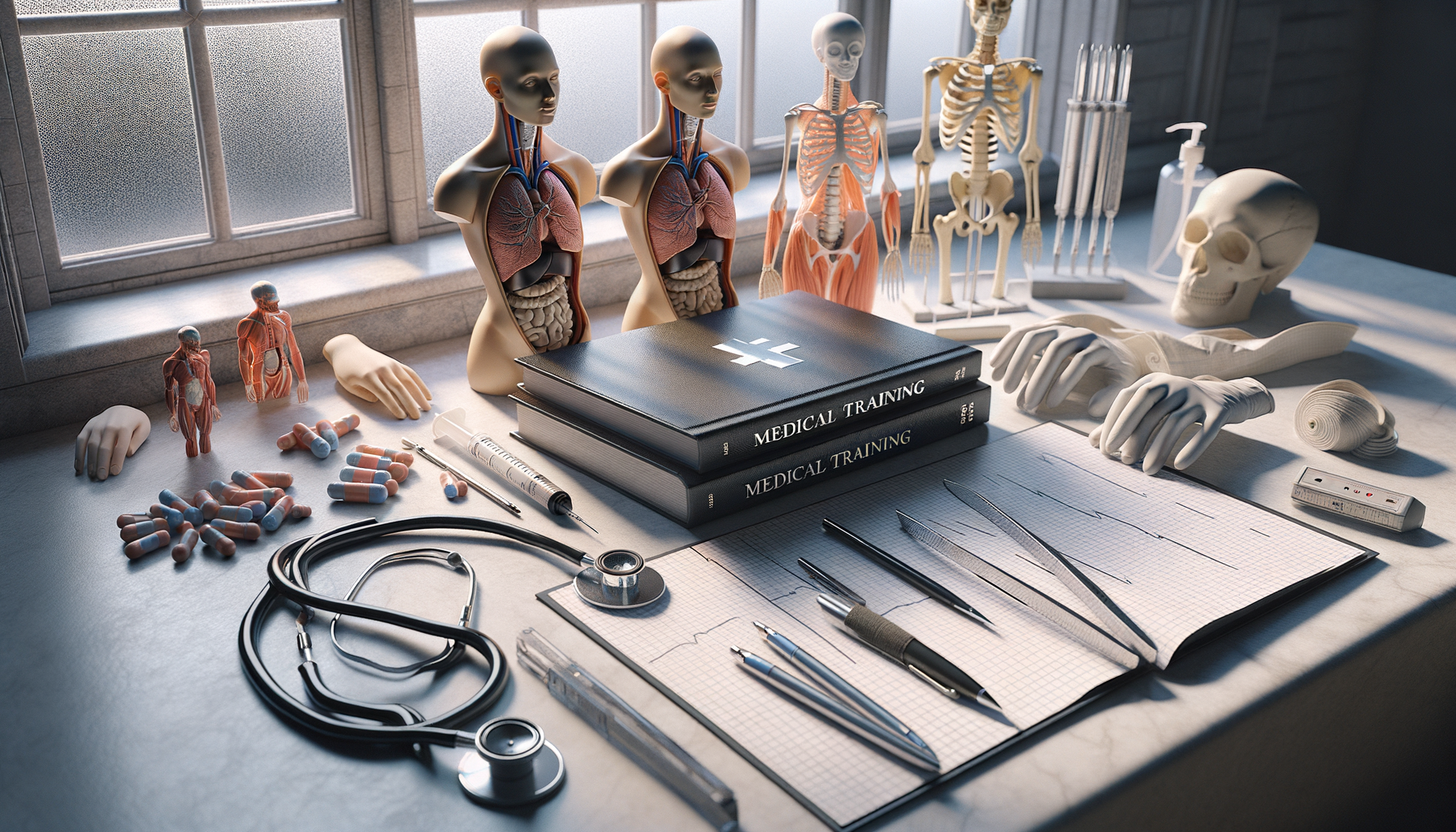
The Pathway to Becoming a Medical Professional: An Insight into Medical Training
The Importance of Medical Training
Medical training is a cornerstone of the healthcare system, ensuring that practitioners are well-equipped to provide quality care to patients. It is a comprehensive and rigorous process that encompasses both theoretical knowledge and practical skills. This training is essential for several reasons:
- Quality Patient Care: Proper training ensures that healthcare professionals can deliver high-quality care, diagnose conditions accurately, and implement effective treatment plans.
- Patient Safety: Training reduces the risk of medical errors, which can have serious consequences for patient health and safety.
- Professional Competence: It helps maintain a standard of competence among healthcare providers, fostering trust and confidence in the medical profession.
Moreover, medical training is not a one-time event but a continuous process. As medical science evolves, healthcare professionals must stay updated with the latest advancements and techniques. This lifelong learning approach is vital in adapting to new challenges and improving patient outcomes. The dedication and commitment required in medical training reflect its significance in shaping competent and compassionate healthcare providers.
Components of Medical Training
Medical training comprises several key components, each playing a critical role in developing a well-rounded healthcare professional. These components include:
- Preclinical Education: This phase focuses on foundational medical sciences such as anatomy, physiology, and biochemistry. It provides the necessary theoretical background for understanding human health and disease.
- Clinical Training: During this stage, students gain hands-on experience in hospitals and clinics, working alongside experienced physicians. They learn to apply their theoretical knowledge in real-world settings, developing clinical skills and patient interaction techniques.
- Internship and Residency: After completing medical school, graduates enter internship and residency programs, where they specialize in a particular area of medicine. This phase involves intensive training under supervision, allowing them to refine their skills and gain expertise.
- Continuing Medical Education (CME): Even after becoming licensed practitioners, doctors are required to participate in CME activities to stay current with medical advancements and maintain their licensure.
Each component is designed to build on the previous one, ensuring a comprehensive understanding of medical practice. The integration of theoretical knowledge with practical application is crucial in preparing future doctors to meet the complex demands of the healthcare environment.
Challenges and Rewards of Medical Training
Embarking on the journey of medical training is not without its challenges. The path is demanding, requiring immense dedication, resilience, and hard work. Some of the challenges faced by medical trainees include:
- Intense Workload: The volume of information to be mastered is extensive, often requiring long hours of study and practice.
- Emotional Stress: Dealing with patients’ suffering and life-and-death situations can be emotionally taxing.
- Financial Burden: The cost of medical education can be significant, leading to financial stress for many students.
Despite these challenges, the rewards of medical training are profound. The ability to make a positive impact on people’s lives and contribute to society’s well-being is immensely fulfilling. The respect and trust that come with being a healthcare professional are invaluable, and the knowledge that one can make a difference is a powerful motivator.
Furthermore, medical training opens doors to diverse career opportunities, from clinical practice to research and teaching. It offers a sense of purpose and a lifelong commitment to learning and growth. For those with the passion and perseverance to pursue this path, the rewards far outweigh the challenges, leading to a fulfilling and impactful career.


